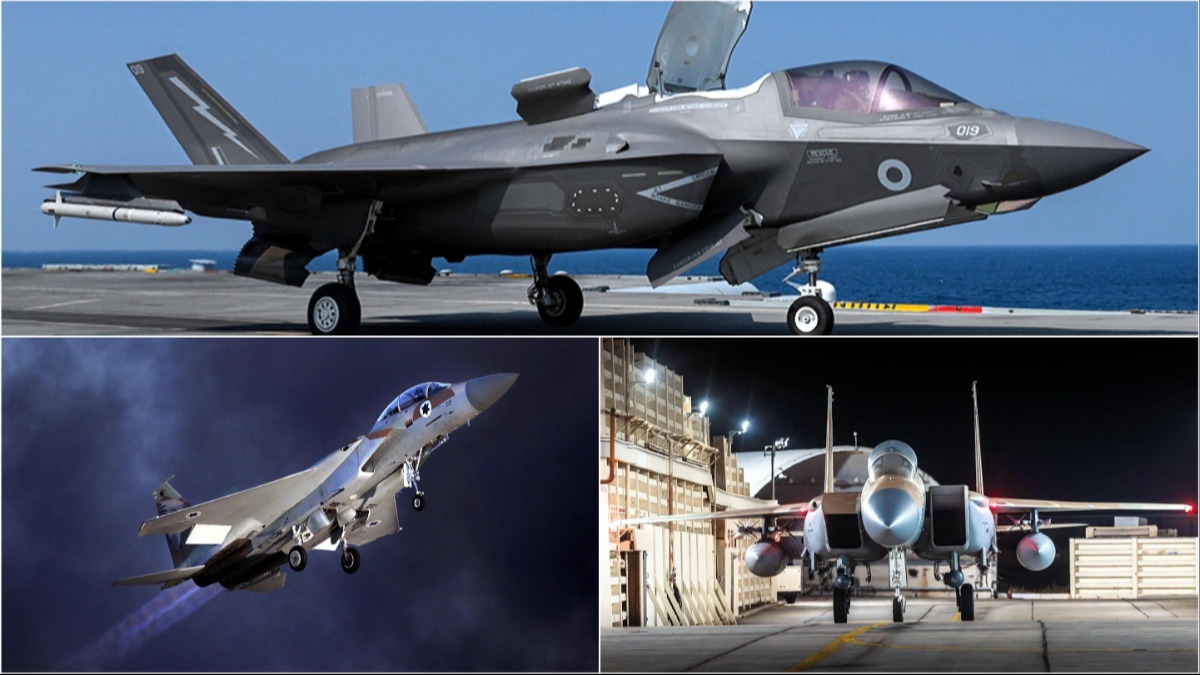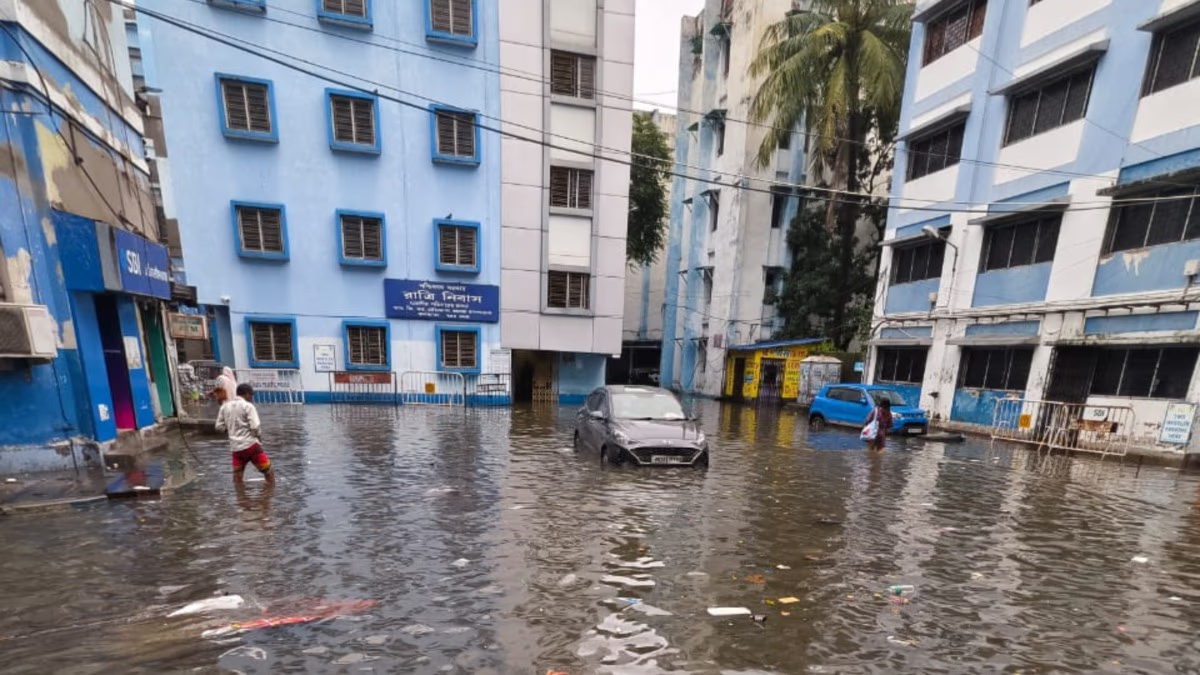Iran launched a remarkable attack against Israel on their level, with hundreds of ballistic and cruise missiles. They carried out attacks with hundreds of suicide drones, executing 331 types of airstrikes. But if Israel decides to respond fiercely, what will happen? Israel's air force is more powerful and advanced than Iran's.
Israel also has the capability to target and possibly destroy Iran's nuclear stockpile and power program in a controlled manner to minimize collateral damage. Comparing the air power of both countries, Israel is far ahead of Iran.
Explore more:
Learn about the air strength of both nations...
Iran's air force reserves include 551 aircraft, with 358 active. In contrast, Israel boasts 612 in reserve and 490 active aircrafts. Iran has 186 fighter jets, 121 of which are always ready for attack, while Israel has 241 fighter jets, with 193 on constant standby. In these regards, Israel outmatches Iran significantly.
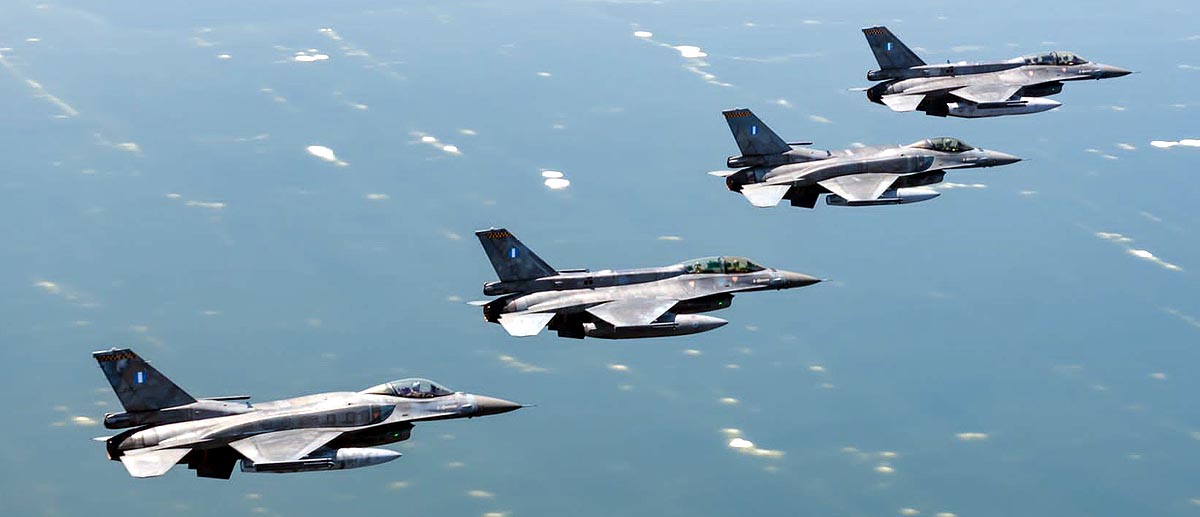
Source: aajtak
Iran possesses 86 transport aircraft, 56 of which are active. Israel has 12, with 10 in active service and two in stock. Iran has 102 trainers, whereas Israel has 155 trainer aircrafts. Iran's fleet includes 129 helicopters, with 84 ready for action, while Israel has 146 helicopters, 117 of which are active. As for attack helicopters, Iran has 13 compared to Israel's 48.
Unveiling the Might: When missiles outnumber, Israel's defense shield prevails... which country holds the upper hand?
Israel's Lethal Stealth Jet F-35 Potential
Israel can use the stealth fighter jet F-35 obtained from the USA to attack the much larger territory of Iran. Israeli fighter jets could launch from near the Syrian border, flying over Syrian, Turkish, and Saudi airspace to reach Iran.
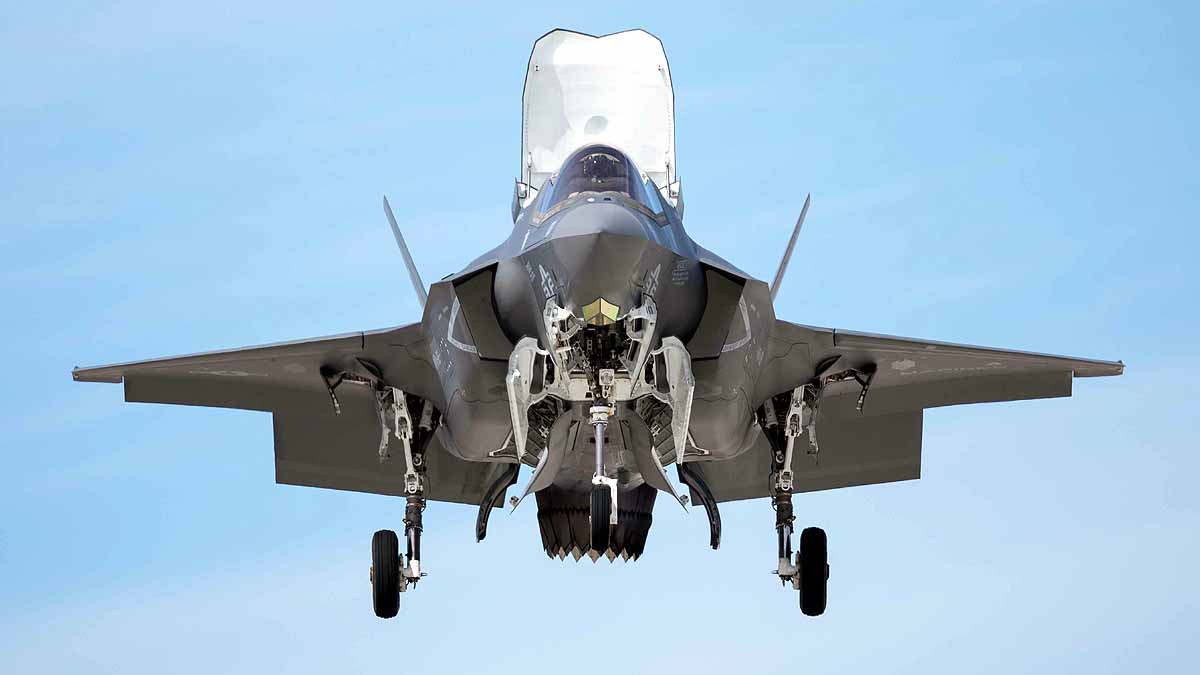
Source: aajtak
While these countries might oppose Israel's move, Israel could also strike silently at night, just as Iran did. By the time other countries detect the attack, Israeli fighter jets would have already decimated Iranian nuclear plants and weapons depots.
Should Israel decide to attack, they will likely aim to annihilate Ayatollah's entire air defense system first, ensuring access to Iranian nuclear sites. Intelligence gathered by Mossad and IDF will inform target settings. The goal will be to completely devastate Iran's air defenses, risking the loss of some Israeli fighter jets in the process.
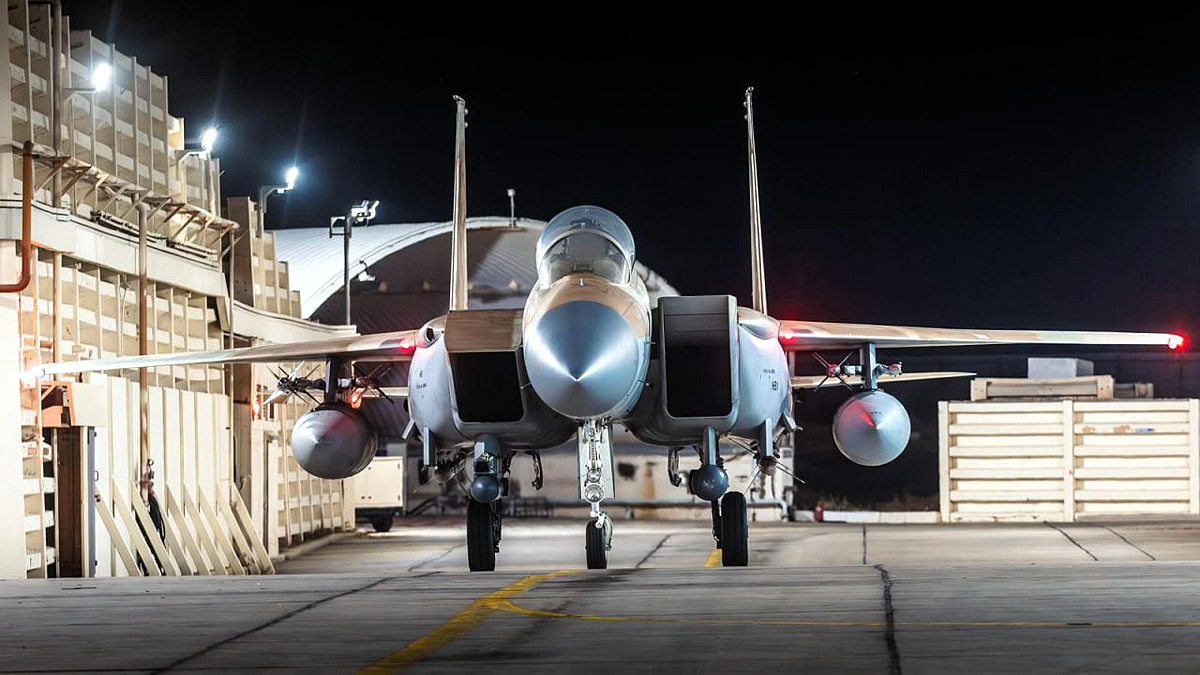
Source: aajtak
Before releasing bombs from the F-35, Israel might deploy F-15 Eagles and F-16 Fighting Falcons in waves to eliminate air defense systems. Right after, the stealth F-35s could drop 5000-pound GBU-72 bombs or lighter ones. Immediately thereafter, another fleet of F-15s and F-16s may strike for deeper penetration, ensuring the F-35's security and aiming for Iran's top nuclear facilities.
Defensive Tactics: The US weapon that safeguarded Israel's airbase from ballistic missiles... Strengths unveiled
If Israel opts to drop bunker-buster bombs on nuclear plants...
The Fordow nuclear plant is 80 meters underground, requiring a 30,000-pound bunker buster bomb, which the US has supplied to Israel. This means Israel could completely obliterate the plant.
Continuous attacks on nuclear facilities would disrupt Tehran's power supply, hampering various functions and isolating Tehran from the world. Though Iran could shoot down Israeli fighter jets, past attacks in Lebanon, Syria, Gazza have only resulted in a single lost F-16, with no losses of F-35 or F-15 jets.
The Iranian Missiles: The eight missiles posing a significant threat to Israel
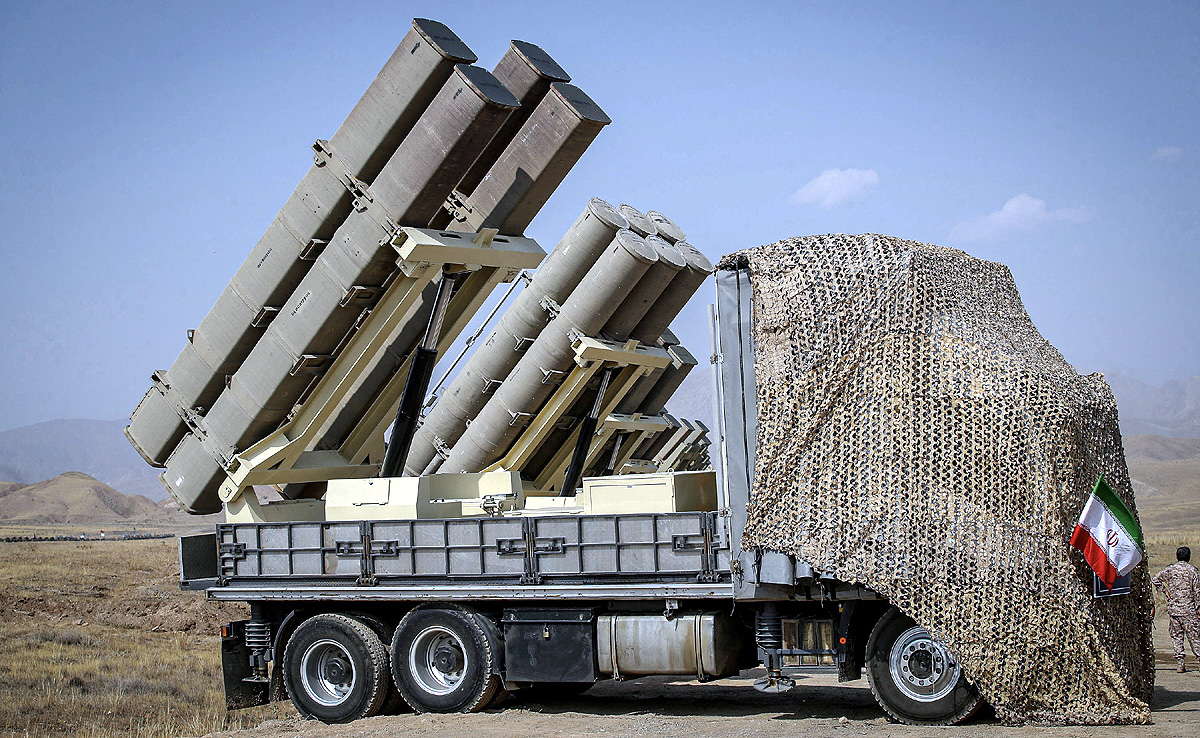
Source: aajtak
Israel could strike locations such as the Arak Heavy Water Reactor, Bushehr Nuclear Power Station, the Gachin Uranium Mine, and the Natanz Uranium Enrichment Facility. Additional sites near Bonab, Ramsar, and around Tehran could also be targeted by Israel.
The reasons behind choosing not to launch a massive attack on Iran...
Before launching a major strike on Iran, Israel must consider the possibility of retaliation from Hezbollah, Hamas with their drones, and ballistic missiles, which could pose difficulties for Jerusalem. Furthermore, the USA currently advises Israel against attacking Iran to prevent escalating the situation further.
